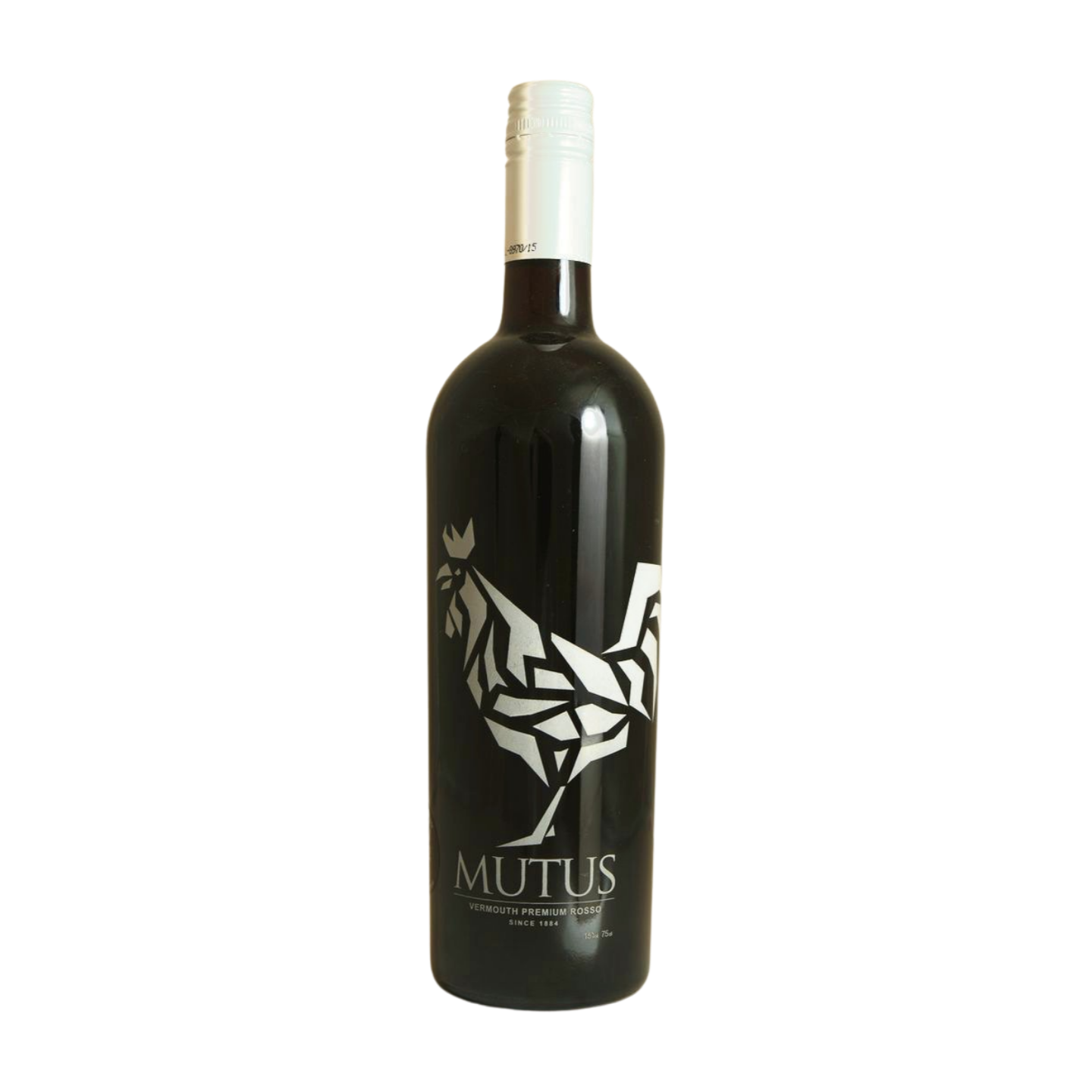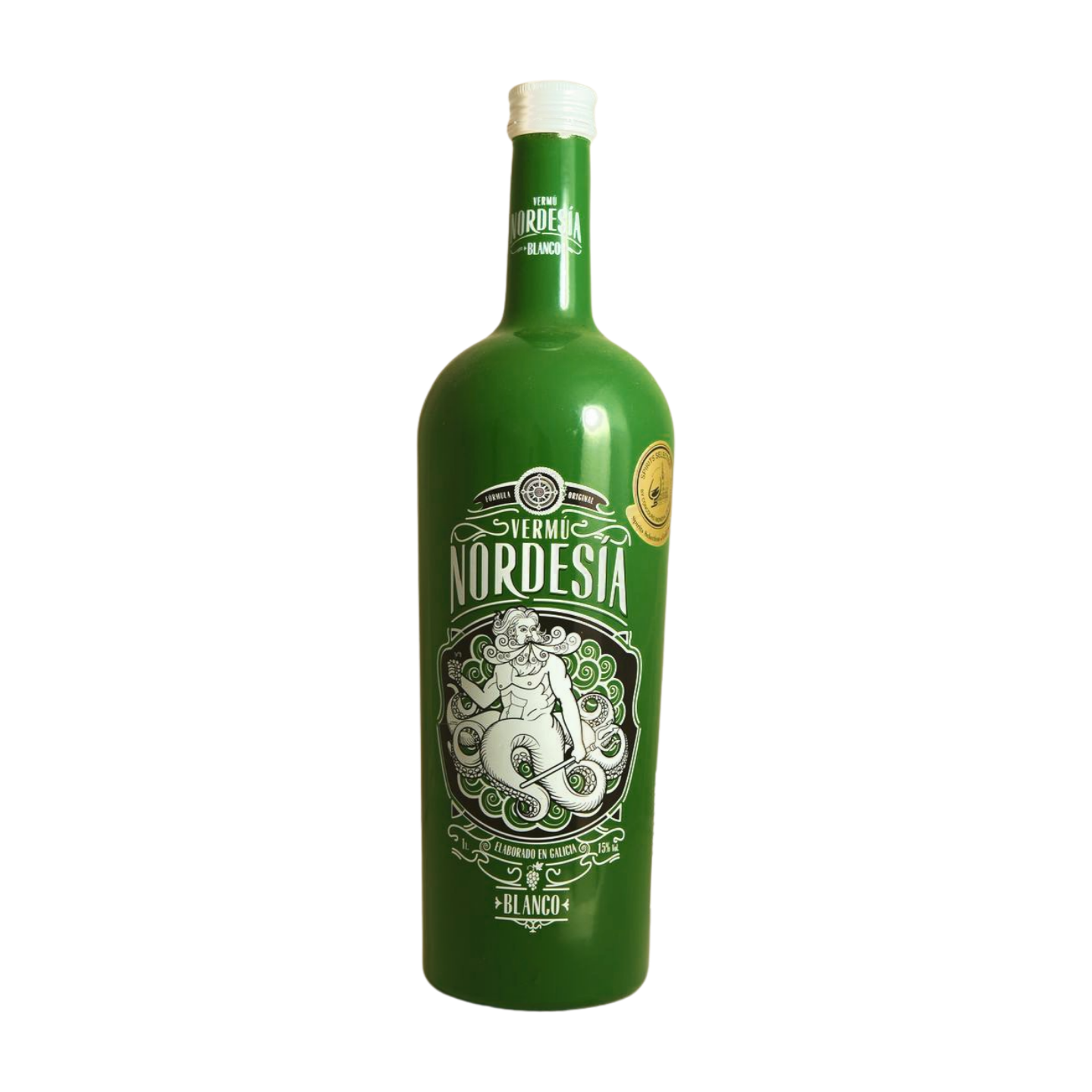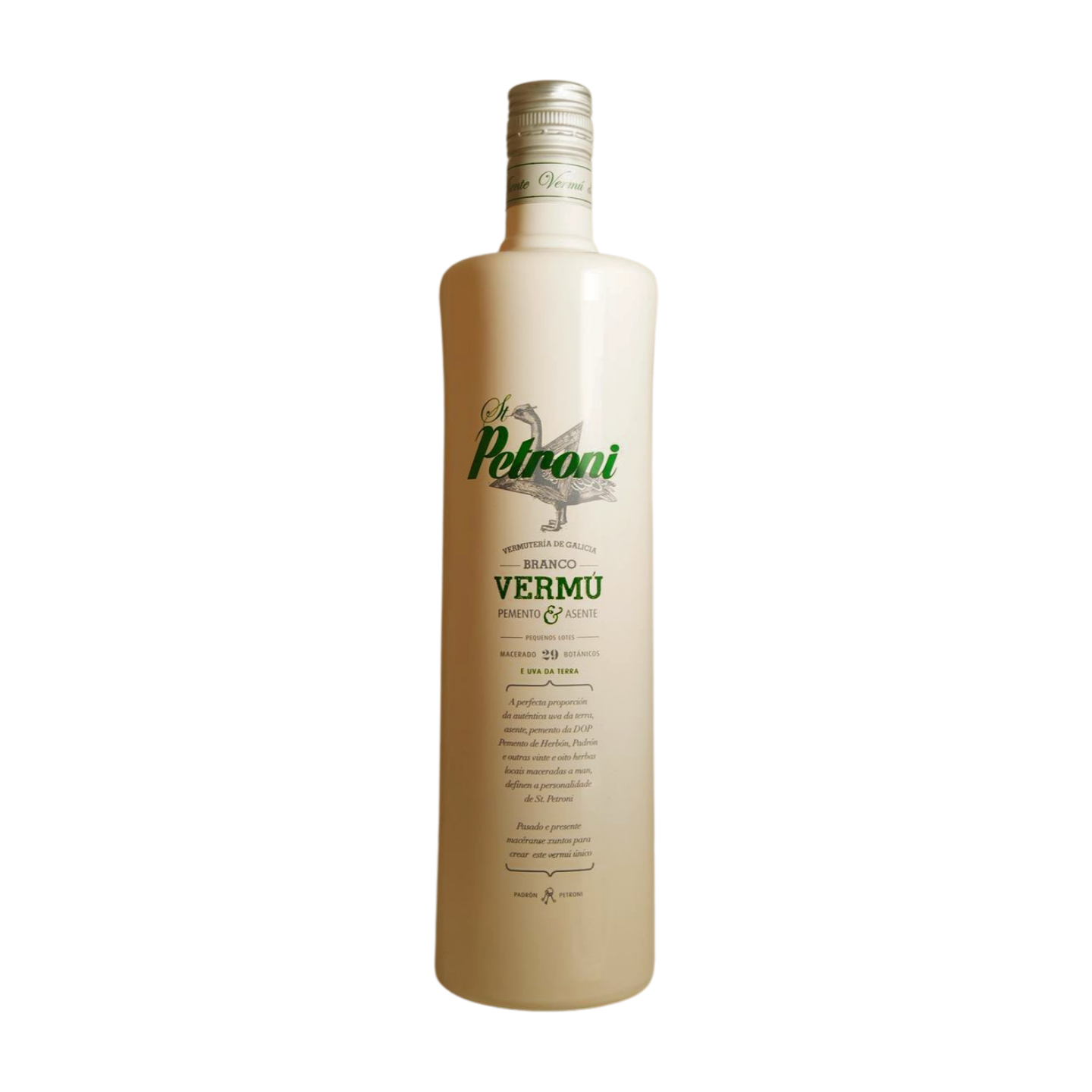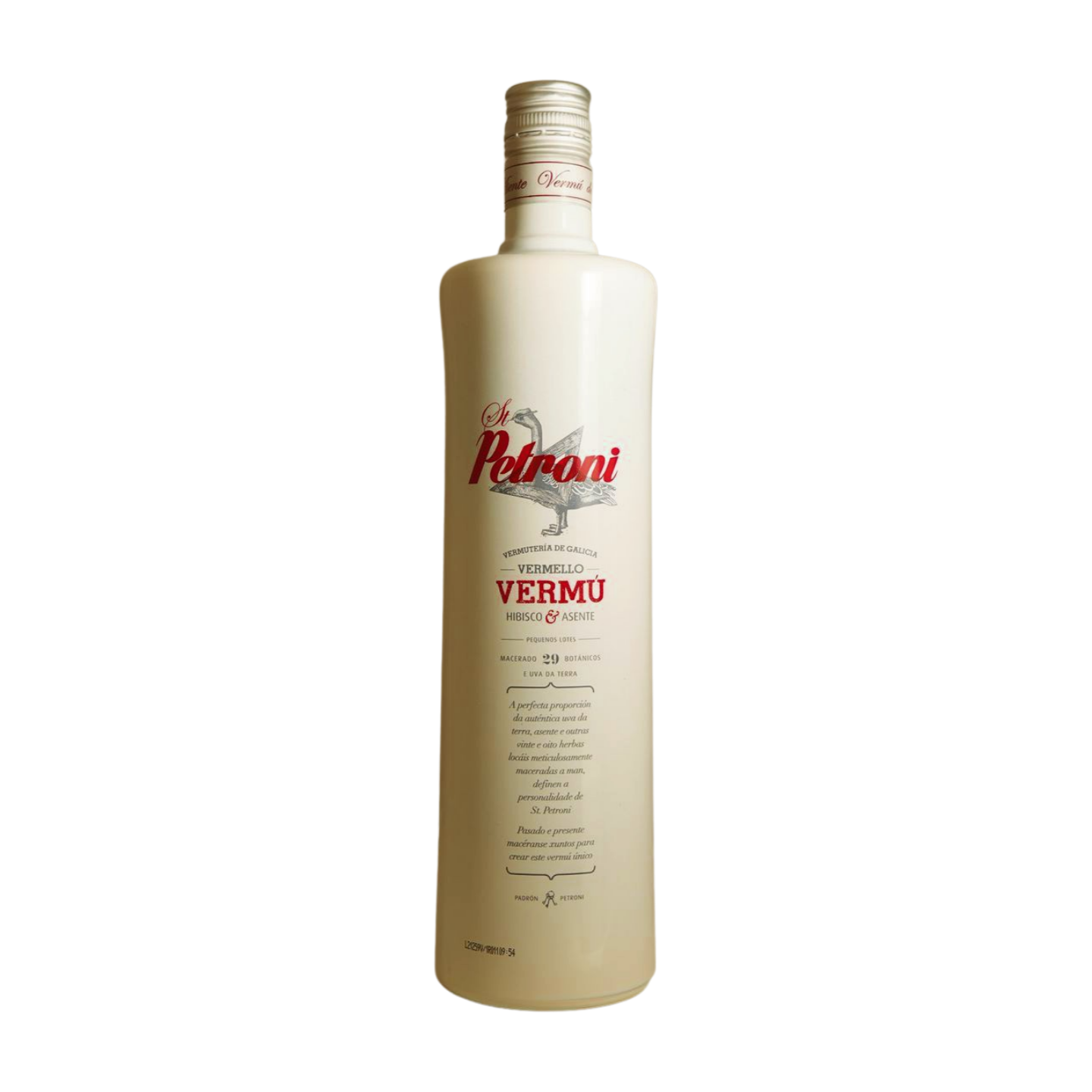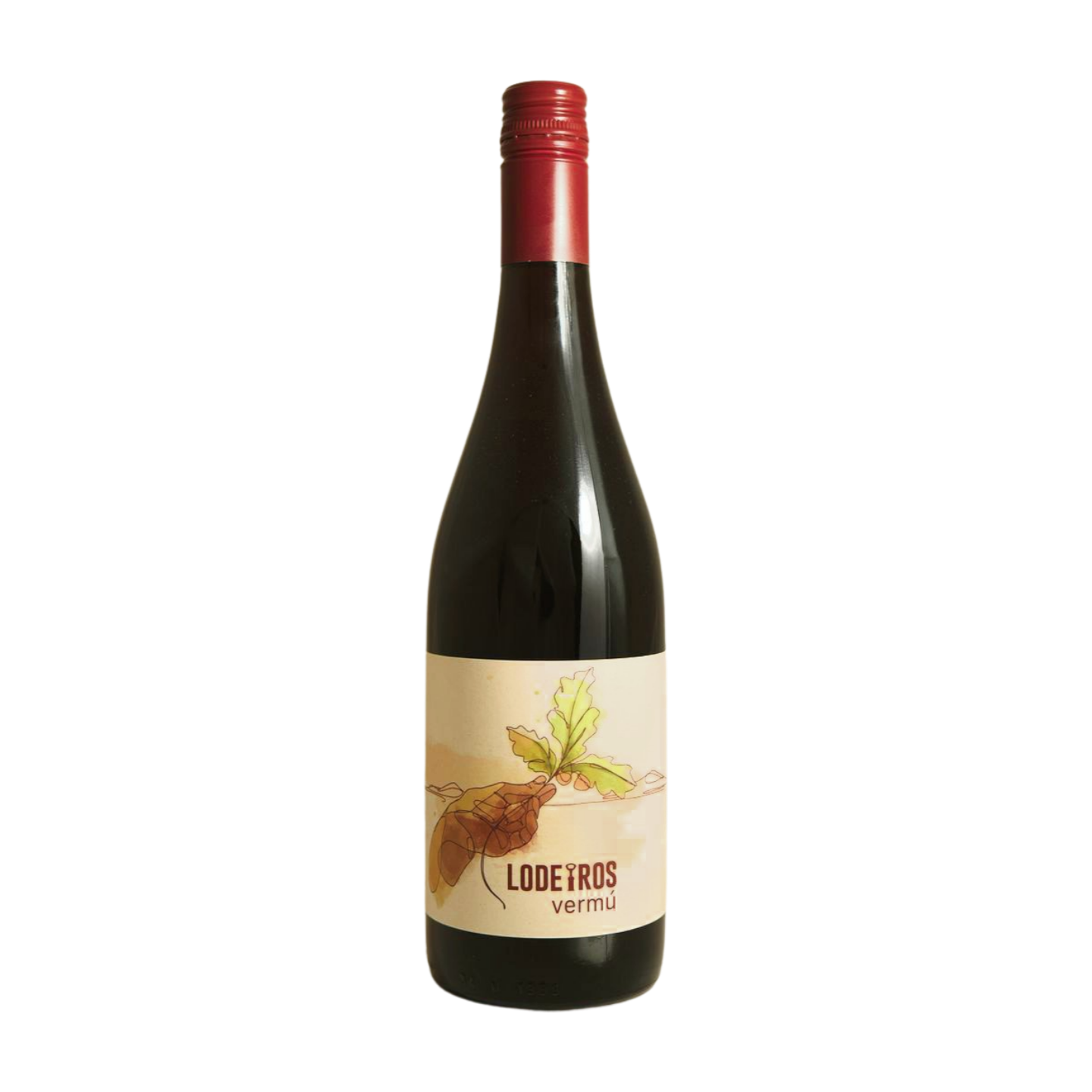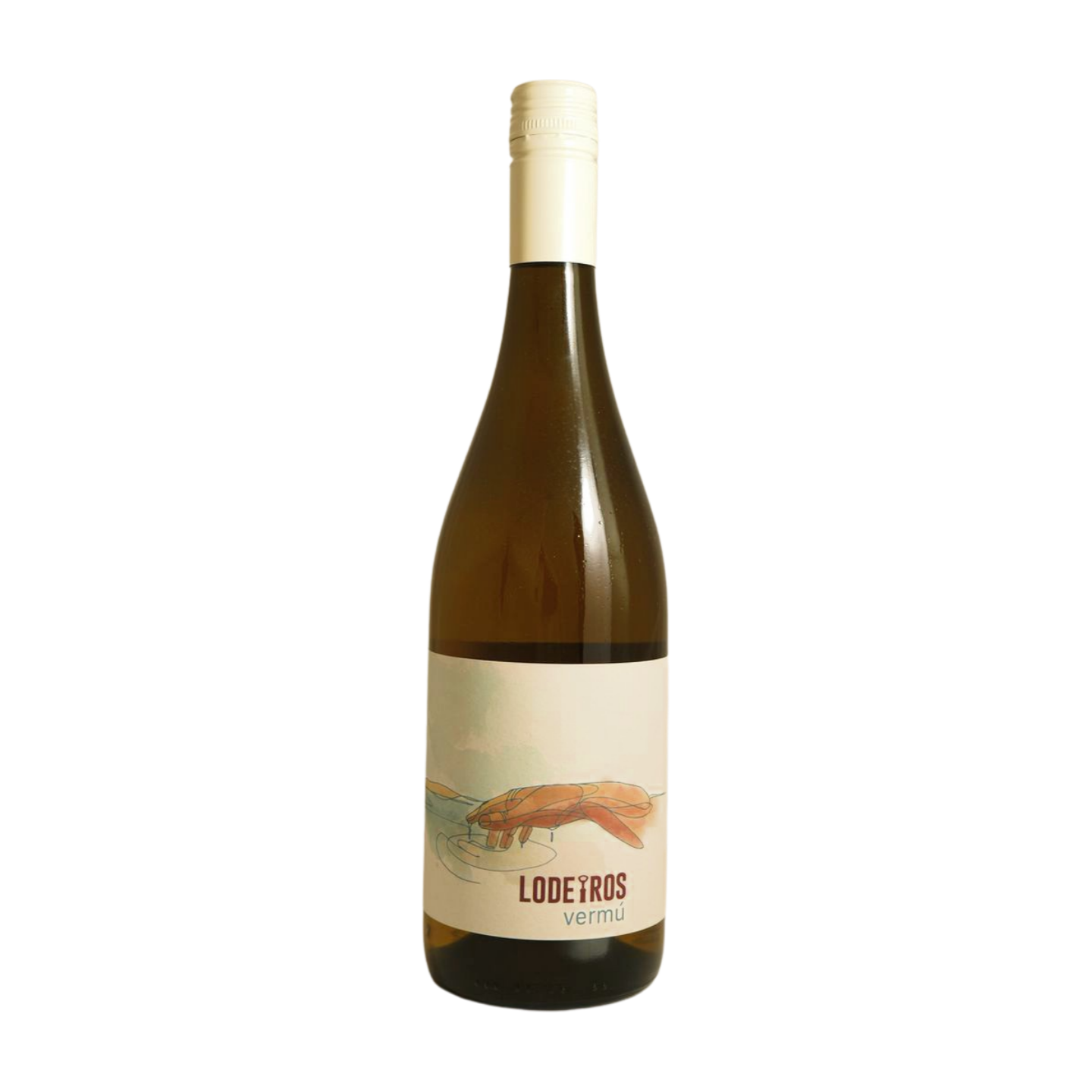Spanish vermouth
Spanish vermouth is a fortified wine that has deep roots in the country's viticulture, characterized by its unique production methods and diverse flavor profiles. The primary grapes used in Spanish vermouth include Palomino, commonly found in the Jerez region, and other local varieties such as Tempranillo and Albariño. The production process typically involves infusing a base wine with various botanicals, including wormwood, which is essential for classification as vermouth. This infusion process can vary significantly, with some producers opting for extensive aging in oak barrels, which contributes to the complexity and depth of flavor.
Notable producers of Spanish vermouth include Bodegas Barbadillo, known for its exceptional vermouths that reflect the character of Jerez wines. Their offerings often showcase the influence of sherry aging, resulting in a product that is rich in aromas and flavors. Another prominent name is Yzaguirre, a historic brand from Reus, which utilizes over 80 botanicals to create a distinctive vermouth that is both complex and refreshing. The vermouth from Reus is particularly recognized for its sweeter profile compared to its Italian counterparts, making it a favorite in Spain.
Spanish vermouth stands out for its integration into the local lifestyle, often enjoyed as an aperitif accompanied by tapas. The resurgence of vermouth in recent years has led to a revival of interest, with many new brands emerging alongside traditional producers. This has resulted in a wide variety of styles, including white, red, and special vermouths made with unique botanicals. The emphasis on local ingredients and traditional methods gives Spanish vermouth a unique identity, differentiating it from other styles found in Italy and France, where the focus may lean more towards drier profiles and less botanical complexity.

